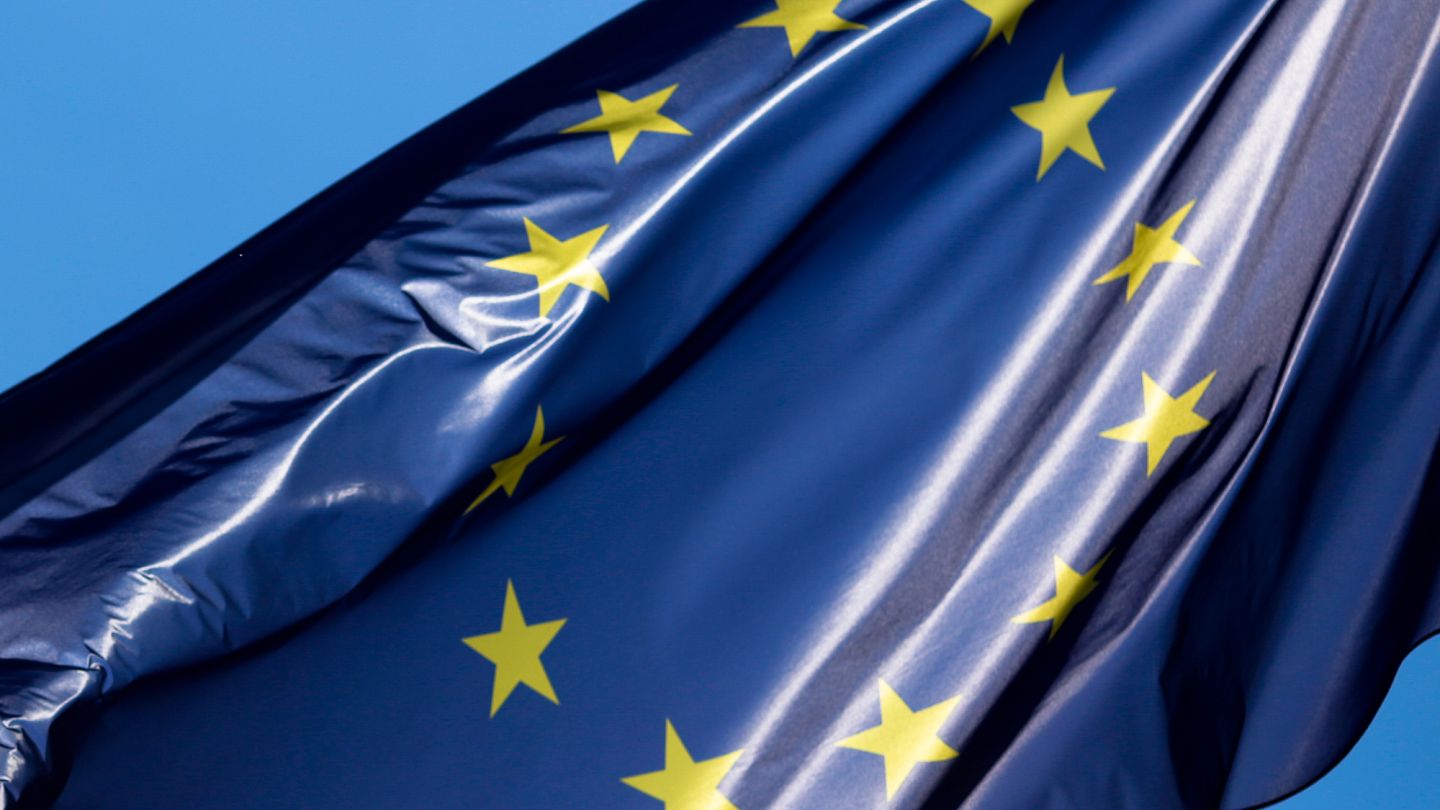Google, Meta, Microsoft, and TikTok aren’t doing enough under EU laws to fight disinformation, a new report found. The European Digital Media Observatory (EDMO) assessed the period from January to June 2024 on how these tech giants met the eight core commitments of the EU’s Code of Practice on Disinformation, a voluntary document signed in 2018 that will be integrated into the Digital Services Act (DSA) on July 1st. The group found there is a “clear gap” between the platforms’ commitments under the code of practice and the verifiable evidence of their implementation. “The assessment identifies consistent gaps in transparency, independent oversight and measurable outcomes across all commitments,” the report reads, adding that the code “risks remaining performative” if the companies do not step up. The pledges in the code include avoiding advertisements next to disinformation, efficiently labelling misleading or fake information, and providing researchers with data about their platforms.Efforts to fight disinformation ‘remain very limited’The study looked at whether the platforms’ transparency reports had “comprehensive and detailed accounts” of how they mitigated disinformation and then rated them on a scale from very poor to excellent. Overall, the report found that the efforts to fight disinformation “remain very limited, lacking consistency and meaningful engagement”. The study said that while Meta and Google launched some initiatives to fight off disinformation, they are frequently criticised “for being superficial or symbolic”. For example, the report found that accessing tools like Google and Meta’s political ad and fact-checking labels, along with Microsoft’s “Content Integrity Tools,” is still an issue, compounded by what they call a “lack of data” about how many users interact with them by country. “There are no user engagement figures, no reported outcomes, and no indication of the actual scale of these efforts,” the report said. The same issue comes up when evaluating the platform’s commitments to media literacy. Projects such as Meta’s “We Think Digital,” a Microsoft partnership with news rating system NewsGuard, and Google’s pre-bunking “More About This Page” are “high-level” initiatives without measurable data.The researchers said these measures raised doubts about whether they are just “declarative gestures”.Meta, Google and TikTok also offer fact-checking panels, user prompts, notifications or labels that explain how information could be factually incorrect or misleading but the companies do not include any real-life data on how they perform. Google, in particular, reports “large-scale reach figures” for their fact-checking panels but does not provide “meaningful data” such as how user behaviour changed after seeing it. When it came to providing researchers with data to study disinformation on big platforms, only TikTok received a passing grade. Still, researchers surveyed by the EDMO reported difficulties getting data from the platform’s Research API database because of its “opaque application process”. The other platforms provide access to “certain datasets” through researcher programmes but getting access to them is still “highly restricted,” the authors note. EDMO used the companies’ twice-yearly transparency reports coming from the online platforms, an expert survey and their own internal research to come up with their analysis of compliance.
